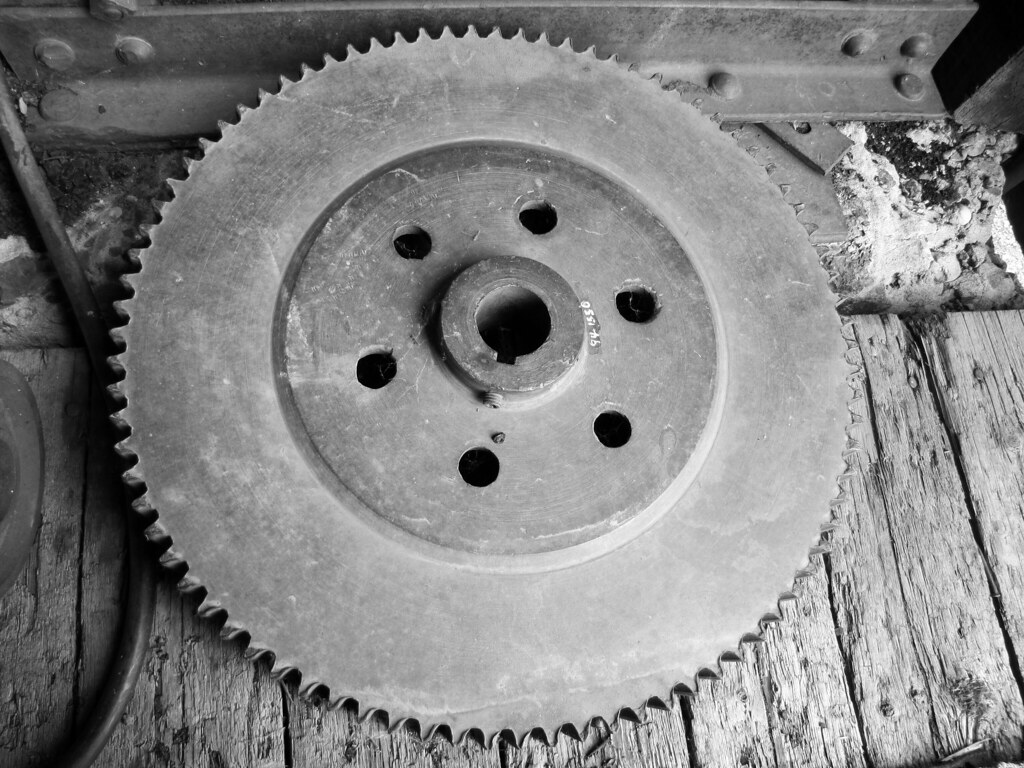Backpacking is an increasingly popular outdoor activity that can take place practically anywhere in the world. The objective of backpacking is to explore nature, challenge oneself and acquire new skills. Before you set off on a backpacking adventure, it’s important to consider the weight of your gear. A normal backpacking weight varies from person to person, depending on a variety of factors such as body size, strength, destination and duration of the trip.
When packing for a backpacking trip, it’s important to keep the weight of your gear to a minimum. Overloading yourself with too much gear can make it difficult and uncomfortable to carry your belongings over long distances. The lighter your load is, the easier it will be for you to carry it over hills and rocky terrain.
A general rule of thumb when calculating the optimal weight of your backpack is to aim for no more than 20-30% of your body weight.
This means that if you weigh 180 pounds, then you should try to keep the total weight of your pack at 36-54 pounds (20-30% of 180 pounds).
The amount of equipment needed also depends on where you are going and how long you plan on being away. For example, if you’re traveling through a remote area for an extended period of time then you may need more supplies than someone who is just visiting a nearby city for a few days. In this case, you may need additional clothing items or camping equipment that will add more weight to your pack.
When packing for a backpacking trip, it’s important to invest in quality items that are lightweight yet durable enough for the environment in which they will be used. Look for items such as sleeping bags and tents made from lightweight materials such as nylon or polyester which offer excellent insulation while still being light enough not to add too much extra weight to your load.
In addition to considering the type and quantity of items needed for your trip, it’s also important to factor in personal preferences when calculating an optimal backpack weight. Some people prefer heavier items such as books or cooking utensils while others prefer lighter equipment such as flashlights and multi-tools. Ultimately, what matters most is finding what works best for each individual.
In conclusion, what constitutes a normal backpacking weight depends largely on individual factors such as body size, strength and destination. Generally speaking however, most experienced backpackers aim for no more than 20-30% of their bodyweight when calculating an ideal load size. With some careful planning and preparation it’s possible to get the most out

